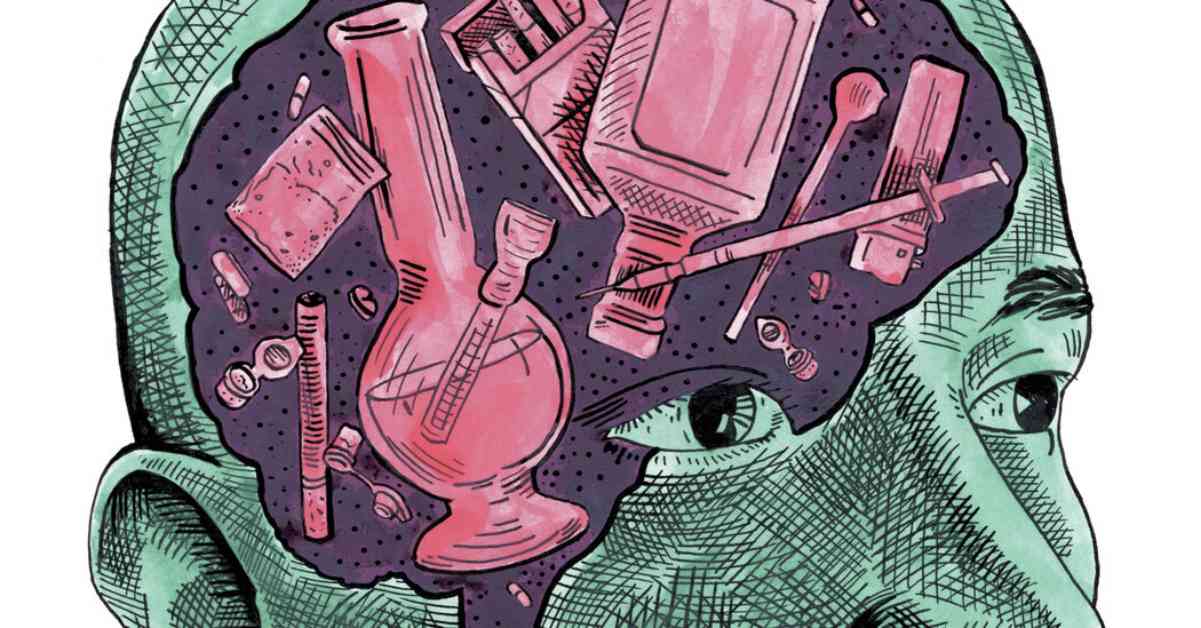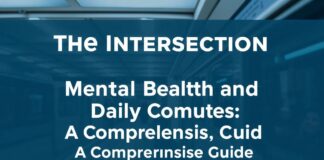Understanding Addiction: A Complex Perspective on Chronic Brain Disease
In the ongoing battle against addiction, researchers and experts are constantly reevaluating their approach to understanding this complex issue. While addiction has long been classified as a chronic brain disease, recent discussions have shed light on the importance of considering the roles of social environment and personal choice in treating individuals struggling with substance abuse.
The traditional view of addiction as a chronic brain disease has faced criticism from some quarters, who argue that labeling individuals as chronically diseased may hinder their ability to change and recover. Kirsten E. Smith, an assistant professor of psychiatry and behavioral sciences at Johns Hopkins School of Medicine, questions the effectiveness of portraying addiction solely as a disease that leaves individuals incapable of change. She emphasizes the dynamic nature of the brain and the impact of the environment on an individual’s ability to overcome addiction.
The Impact of Stigma and Misconceptions
Stigma surrounding addiction often stems from misconceptions about the nature of the disease. The belief that addiction is solely a result of personal choice can lead to harmful attitudes and policies that further marginalize individuals struggling with substance abuse. Public service campaigns, such as the one in Burlington, Vt., that emphasize the disease aspect of addiction aim to reduce stigma and promote treatment as a viable solution.
Rethinking Treatment Approaches
The ongoing debate about the classification of addiction as a chronic brain disease has implications for treatment approaches. While medical science has long viewed addiction through a disease lens, there is a growing recognition of the need to incorporate the social environment and personal choice into treatment strategies. By acknowledging the dynamic nature of the brain and the role of personal agency in addiction recovery, healthcare providers can offer more holistic and effective interventions.
In light of the worsening public health crisis of addiction, it is crucial to reevaluate our understanding of this complex issue. By moving beyond simplistic narratives of personal choice and chronic disease, we can develop more nuanced and compassionate approaches to supporting individuals struggling with addiction. Let us continue to challenge stigma, promote evidence-based treatments, and advocate for policies that prioritize the well-being of those affected by addiction.


















